If you claim to be a subject matter expert on something, then you should at least know about the pivotal works, written and filmed, that have been done on that subject. Granted, little Ms. Greta was only three years old when the “seminal” work on the climate crisis, Al Gore’s, An Inconvenient Truth, was all the rage. But still, this take of hers is kind of… well… ignorant.
From Variety:
Climate change activist Greta Thunberg has said more stories need to be told about the climate change crisis.
Speaking at the Edinburgh TV Festival on Tuesday alongside Norwegian crime writer Jo Nesbo, Thunberg encouraged attendees to turn their attention to the environment in their work.
“I know so many — whether it is artists, storytellers, journalists — who tell me they really want to write about [the climate crisis], they really want to make stories about this, report about this, make movies about it, make art about this, but that they don’t really have that support in order to do that,” she said. “So I think yes, there’s a big lack of storytelling when it comes to the climate crisis, whether it is fictional or whether it is reflecting the reality as it looks like today.”
“I think if we would start writing about this, if we were making stories about this, I think there would be a demand on for that,” Thunberg added. “We underestimate interest in the climate crisis.”
I guess part of the problem with having obsessive-compulsive disorder and being fixated on traveling the world since you were 15 years old to advocate for climate change is that you miss out on a lot of life, and a lot of education that cannot be found in books. Films are a part of our cultural landscape, and our cultural literacy. Think about quotes that are part of our common parlance:
“Here’s looking at you, kid”
“Love means never having to say you’re sorry.”
“Shaken, not stirred.”
“You complete me.”
“Yada, Yada.”
“I’ll be back.”
“I love the smell of napalm in the morning.”
“You are in the Bell Jar!”
“E.T. phone home.”
“He’s just not that into you.”
“Elementary, my dear Watson.”
“Wax on, wax off.”
You get it. Unless you’re Amish or one of those other religions that eschew anything secular, you are steeped in the images, the dialogue, and the art of filmmaking by the time you are five, if not before that.
The fact that she even made this comment shows that Greta’s pop culture education is obviously abysmal. Since Gore’s 2006 propaganda piece, there have probably been hundreds of films over the past 15 years that have focused on the global warming climate change crisis. Maybe if they’d decide on a name to call it, it might help.
Just how many more of these films do we really need?
Even before An Inconvenient Truth, which was strictly a documentary, director Roland Emmerich attempted to dramatize the climate crisis in the 2004 dramatic film The Day After Tomorrow. It was as deep, and dark, as it was boring. So, perhaps easy to forget.
Then there’s the 2006 documentary, A Crude Awakening: The Oil Crash, because who needs fossil fuels. The 2007 documentary, The 11th Hour, which actually just didn’t tell you how terrible you are for occupying the earth, but offered “practical” solutions on how you can preserve the earth and lower your carbon footprint.
From 2014-2016, The National Geographic channel did an entire series called, Years of Living Dangerously, that focused on the broad spectrum issues caused by climate change: Increased hurricanes, melting ice caps, those poor polar bears, and drought. Did I mention polar bears?
In 2017, Director Dean Devlin tried the dramatic route again with, Geostorm, where a dashing, young satellite designer played by Gerard Butler, works feverishly to save the world from a horrific storm that is caused by our climate excesses. It’s got Gerard Butler, so maybe… nah, never mind!
Also in 2017, Alexander Payne’s Downsizing, where people are shrunk to tiny versions of themselves in order to learn to use less resources, was supposed to make the subject matter less heavy and more approachable. Since most people have never heard of it, that was obviously an epic fail.
A 2017 New York Times article had this to say about the dearth of filmmaking focused on the climate crisis:
So, said Mr. Hoffman, the University of Michigan professor, we need “more movies, more TV, more music.”
“We have to touch people’s hearts on this,” he said. “It’s critical.”
Four years later, and Ms. Greta Thunberg is bemoaning the same thing.
Although agreeing with Thunberg, Nesbo acknowledged the topic is “not an easy sell,” particularly because we are in the middle of the climate crisis with no idea how it will end.
“If you look at all the crises in the world, you see that much of the storytelling doesn’t take place until after the events,” he said. “If you look at, for example, the Vietnam War, the wave of movies about the trauma of that war didn’t come until the late ‘70s, long after the war. During the Vietnam War there wasn’t many movies made about that. So I think that this is like a crisis, it would be easier to tell the story if we could see an end, or if it was behind us.”
When you’re watching the tragedy of incompetence and failure that is occurring in Afghanistan, an existential crisis like climate change kind of gets shifted to the background. And for some people, an existential crisis is not being able to pay the rent, and that is happening more often than not.
Or, maybe people are just tired of being preached to, especially at the movies.
Just a thought.
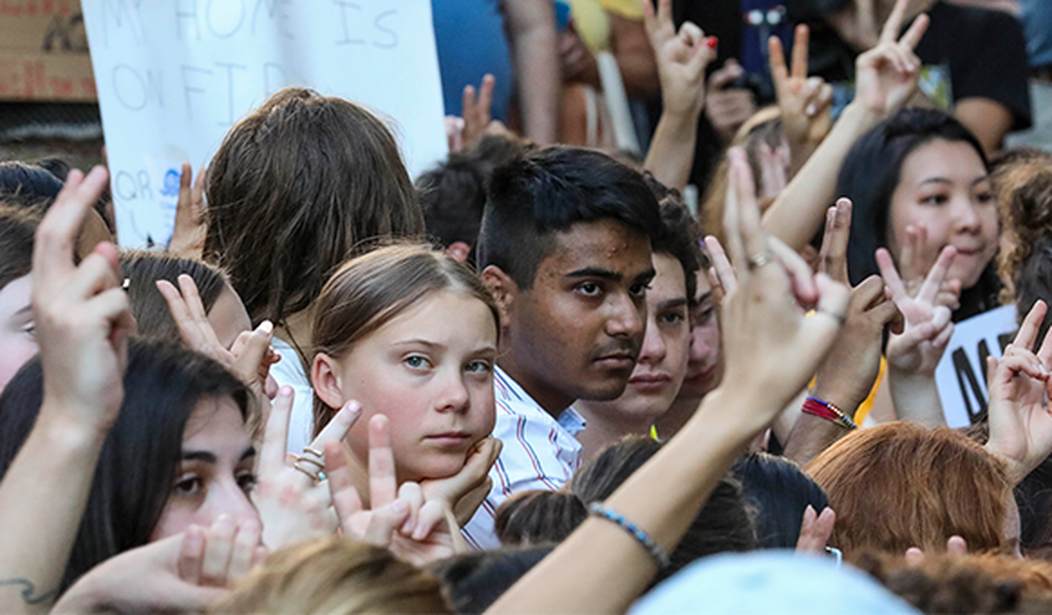

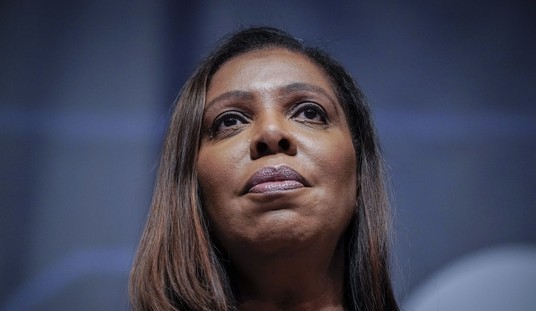







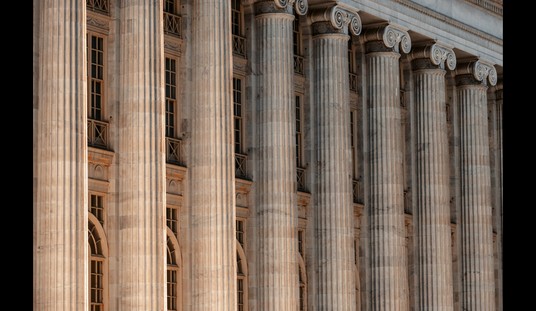
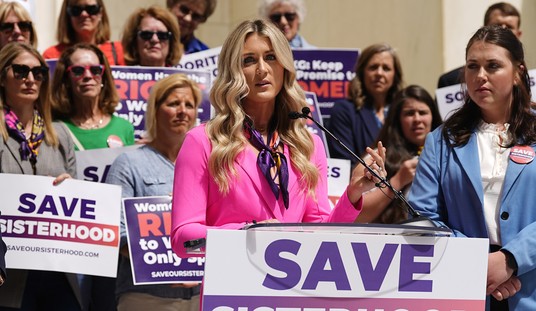
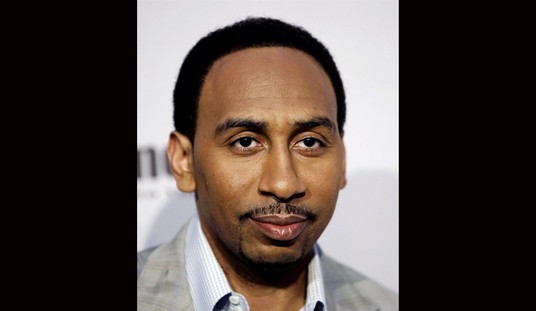
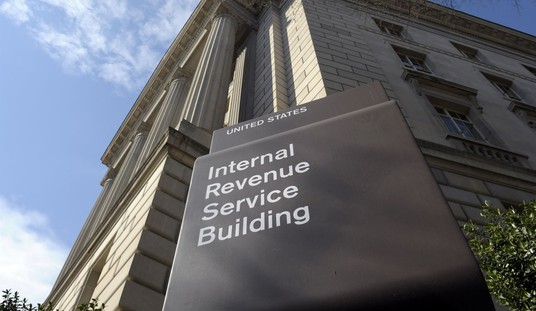
Join the conversation as a VIP Member